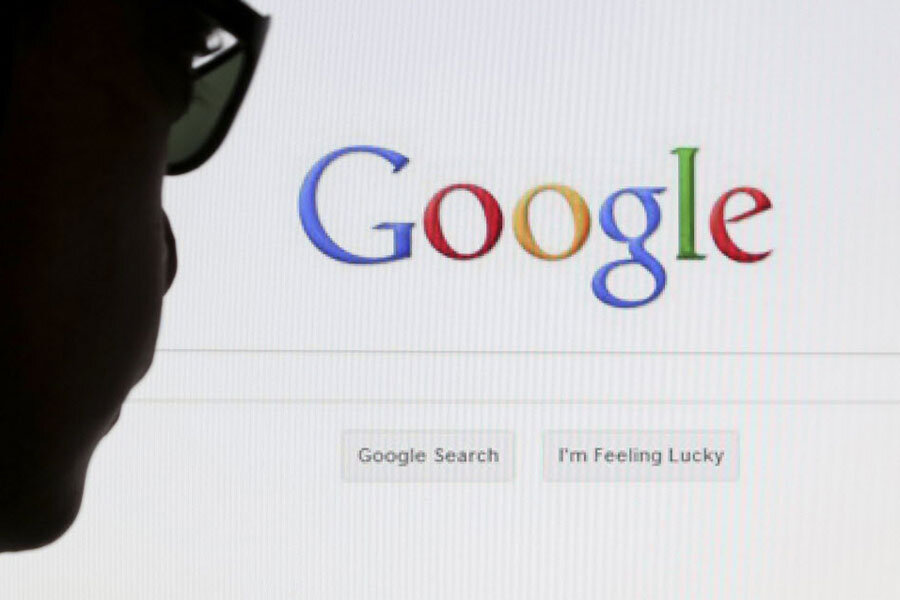Google panel: Don't adopt the 'right to be forgotten' outside of Europe
Loading...
A panel of experts handpicked by Google have concluded that the European Union’s “right to be forgotten” should be limited to European online domains.
Last May, an EU court ruled that individuals have a right to request that personal information that is “inaccurate, inadequate, irrelevant or excessive” be removed from search engines.
While Google has complied with the ruling on European domains – such as Google.fr or Google.co.uk – it stopped short of removing the same links in all countries. The company cited the public’s right to information and the possibility of stifling innovation as two main objections to implementing the ruling internationally.
In November, a group representing the EU’s 28 national privacy regulators said the policy should be enforced globally, citing that it was too easy to switch domains to find the information.
“One of the natural consequences” for implementing the EU court ruling “is that people do use Google more flexibly,” Paul Bernal, a lecturer in law at the University of East Anglia in England, said in an interview with Bloomberg last year. If “you can’t find what you want in Google.co.uk, then you use Google.com.”
Google responded by forming the 10-person Advisory Council, which included everyone from professors to lawyers to human rights and data protection experts. The most notable member of the panel was Jimmy Wales, founder of the nonprofit corporation, Wikimedia, which operates Wikipedia.
The report, which is not binding and has no legal weight, concluded "that removal from nationally directed versions of Google’s search services within the EU is the appropriate means to implement the ruling at this stage."
One member of the panel, Sabine Leutheusser-Schnarrenberger, a former German justice minister, dissented in the report.
Writing that the “Internet is global” and “the protection of users' rights must also be global.” She wrote that if citizens can “research globally,” then the EU has the authority to require links to be deleted globally.
Since Google began reviewing requests for removals, it says that just over 40 percent of all requests were valid and subsequently removed the links from its search results.
Those who wish to remove irrelevant links must fill out an online form, which is then reviewed by a team at Google. The team assesses on a case-by-case basis to determine if the complaint is valid. Europeans who are denied the request to remove information can challenge Google’s decision with a local data protection authority (DPA).
The Advisory Council made recommendations that the original publisher should "have a means to challenge improper delistings before a DPA or a similar public authority."








